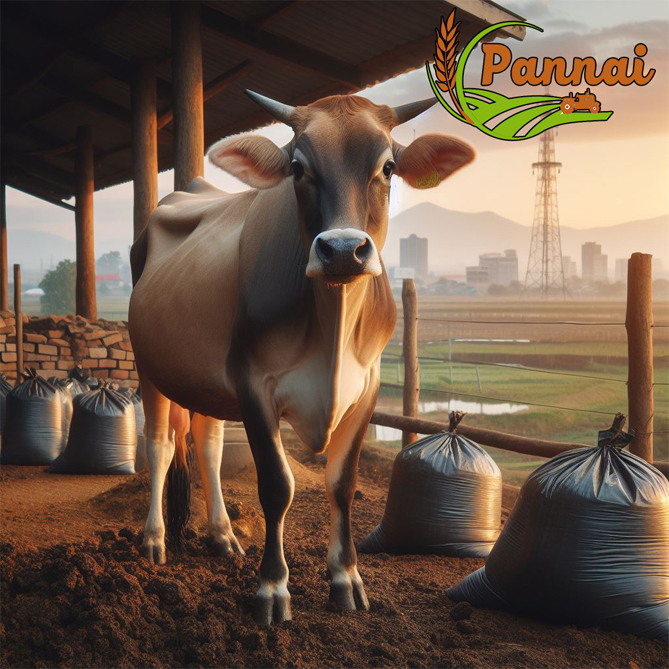
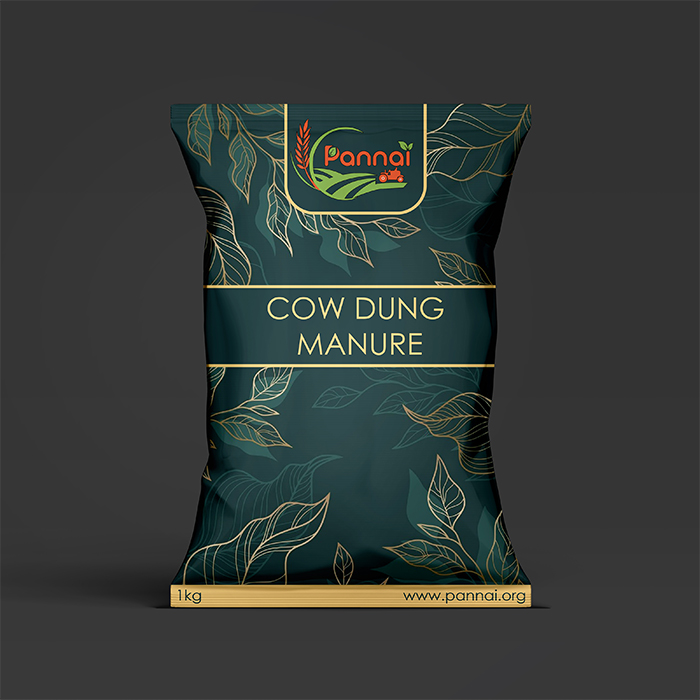


Cow Dung Manure 5KG
-
Rs418.95
-
Rs313.95
-
Rs313.95
-
Rs313.95
-
Rs313.95
Reviews & Ratings
Cow Dung Manure
Cow dung compost, a time-honored agricultural tradition, holds immense value as a natural fertilizer and soil amendment. Derived from the nutrient-rich excreta of cattle, cow dung compost serves as a potent source of organic matter, essential nutrients, and beneficial microorganisms. This document explores the benefits, production process, applications, and best practices for utilizing cow dung compost in agriculture.
1. Understanding Cow Dung Compost:
Cow dung compost is produced through the decomposition of cow manure and organic waste materials. This process, facilitated by microorganisms and earthworms, transforms raw cow dung into a nutrient-rich humus-like substance suitable for soil enrichment and plant growth.
2. Benefits of Cow Dung Compost:
The utilization of cow dung compost offers a myriad of benefits to soil health, crop productivity, and environmental sustainability:
- Organic Matter Enrichment: Cow dung compost adds organic matter to the soil, improving soil structure, water retention, and nutrient-holding capacity.
- Nutrient Supplementation: Rich in essential nutrients such as nitrogen, phosphorus, potassium, and micronutrients, cow dung compost provides a balanced nutrient source for plant growth.
- Microbial Activity Enhancement: The presence of beneficial microorganisms in cow dung compost promotes soil microbial diversity and activity, facilitating nutrient cycling and disease suppression.
- pH Regulation: Cow dung compost helps regulate soil pH, creating a favorable environment for nutrient availability and plant uptake.
- Soil Erosion Control: Application of cow dung compost reduces soil erosion by enhancing soil aggregation and stability, thereby conserving soil and water resources.
3. Production Process of Cow Dung Compost:
The production of cow dung compost involves several key steps:
- Collection: Gather fresh cow dung from cattle sheds or dairy farms, ensuring it is free from contaminants and antibiotics.
- Mixing: Combine cow dung with organic waste materials such as crop residues, kitchen scraps, and green manure to create a balanced compost feedstock.
- Composting: Place the mixed materials in composting pits, bins, or heaps, and regularly turn and aerate the pile to facilitate decomposition and microbial activity.
- Curing: Allow the compost to cure for several weeks to months, depending on environmental conditions, until it reaches a stable, odorless, and crumbly consistency.
- Screening: Sieve the cured compost to remove large particles and achieve a uniform texture suitable for application.
4. Application of Cow Dung Compost:
Cow dung compost can be applied to agricultural lands, gardens, orchards, and horticultural crops using various methods:
- Soil Incorporation: Mix cow dung compost thoroughly into the topsoil during land preparation or planting to ensure even distribution of nutrients.
- Topdressing: Spread cow dung compost evenly on the soil surface around the base of plants or between rows, avoiding direct contact with plant stems.
- Mulching: Apply a layer of cow dung compost as mulch to conserve soil moisture, suppress weeds, and gradually release nutrients to the root zone.
- Foliar Feeding: Prepare compost tea or liquid extracts from cow dung compost and apply them as foliar sprays to provide nutrients directly to plant leaves.
5. Best Practices for Cow Dung Compost Utilization:
To maximize the benefits of cow dung compost and ensure its effective utilization, consider the following best practices:
- Quality Assurance: Use well-rotted and fully cured cow dung compost to avoid potential risks of pathogens, weed seeds, or phytotoxicity.
- Application Timing: Apply cow dung compost during the growing season or prior to planting to allow sufficient time for nutrient release and plant uptake.
- Dosage Calculation: Determine the appropriate application rate of cow dung compost based on soil fertility, crop requirements, and nutrient analysis to avoid over-application.
- Integrated Approach: Integrate cow dung compost application with other organic and mineral fertilizers, cover cropping, and crop rotation practices to optimize soil health and fertility over the long term.
- Monitoring and Evaluation: Regularly monitor soil nutrient levels, plant growth, and crop performance to assess the impact of cow dung compost application and adjust management practices as needed.
Cow dung compost stands as a cornerstone of sustainable agriculture, embodying the principles of circularity, resource efficiency, and environmental stewardship. By harnessing the natural potential of cow manure and organic waste materials, cow dung compost offers a holistic solution for soil enrichment, crop nutrition, and ecosystem resilience. Through responsible production, application, and management practices, cow dung compost can contribute to building healthier soils, producing nutritious crops, and fostering a greener, more sustainable future for agriculture.
Related products
Organic Manure 5KG
PROM 5KG
Organic Soil Conditioner 5KG
Organic Vermicompost 5KG
Natural Bone Meal 5KG
Organic Potting Mix 5KG
Goat and Sheep Manure 5KG
Buffered Coir Pith
-
Rs418.95
-
Rs313.95
-
Rs313.95
-
Rs313.95
-
Rs313.95
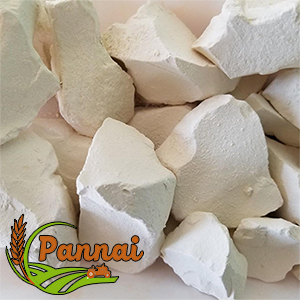
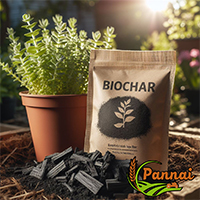
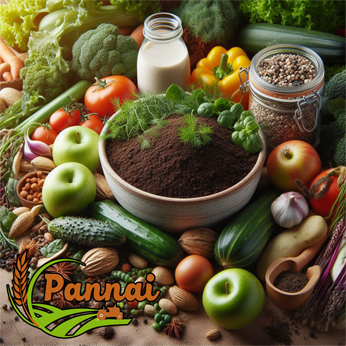
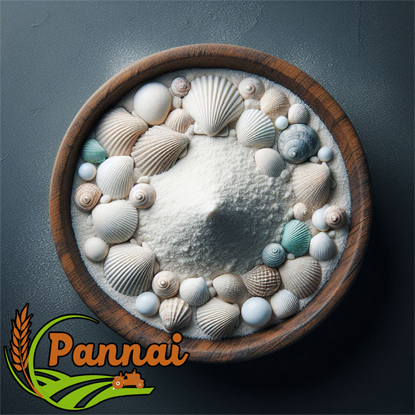
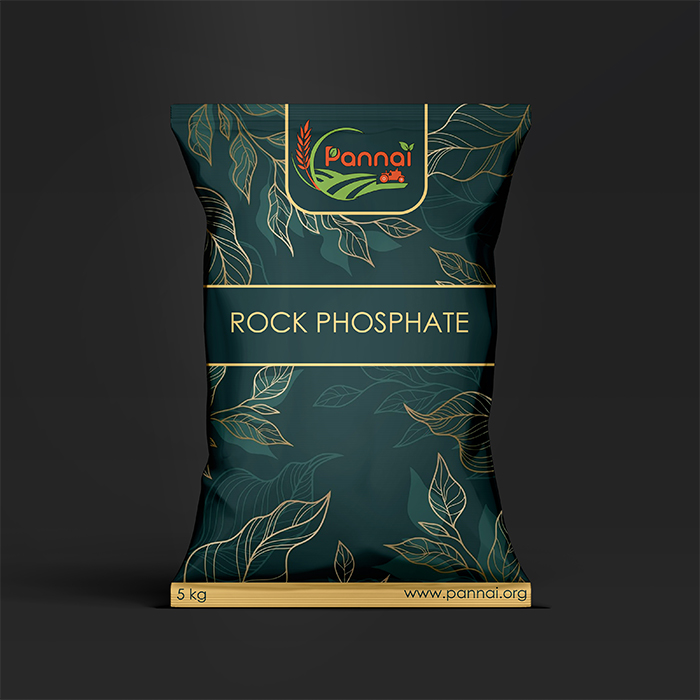
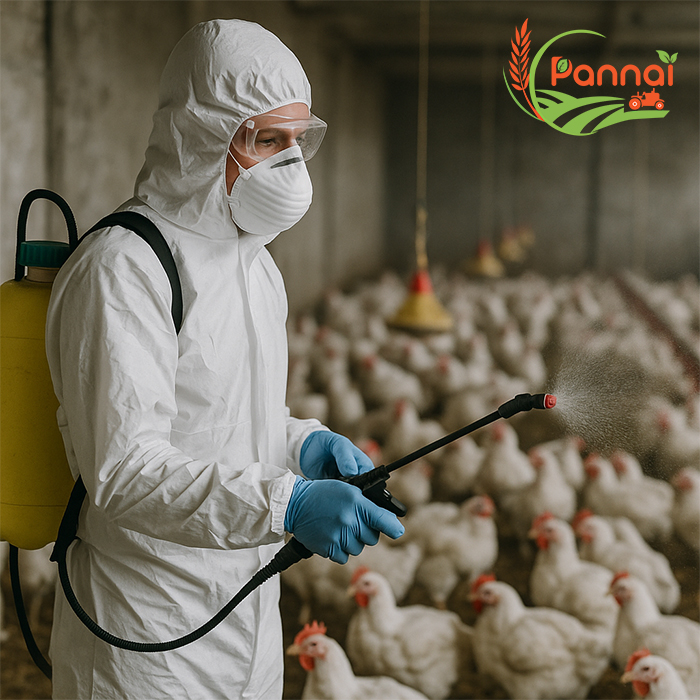
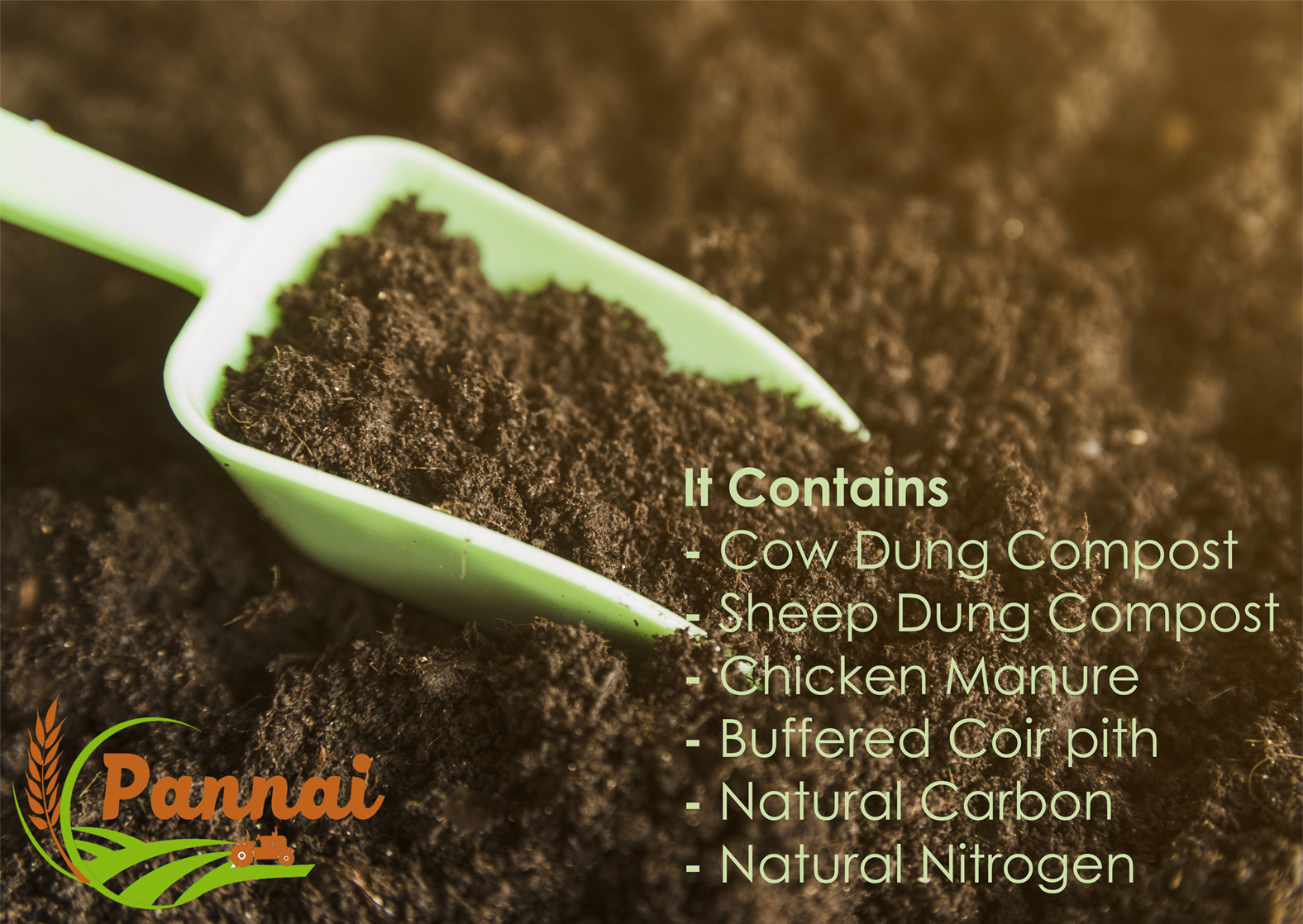
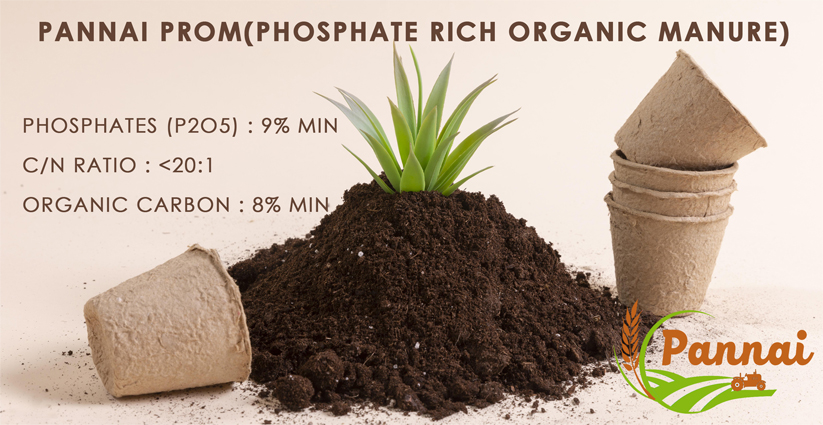
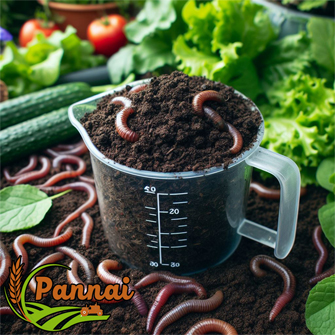
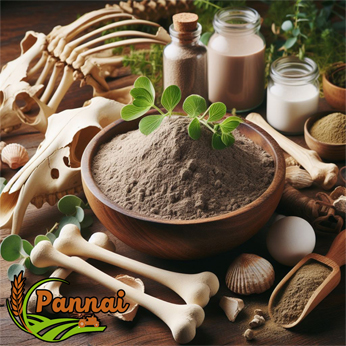
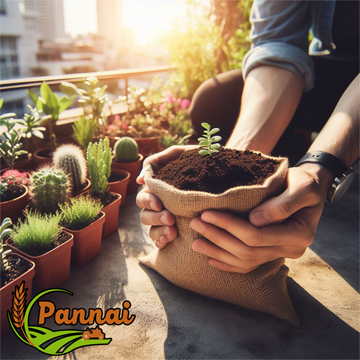
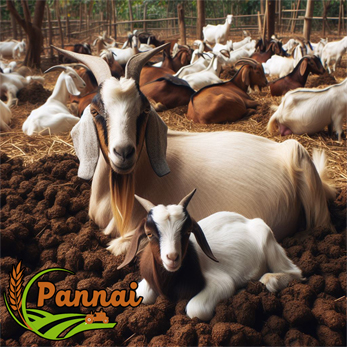
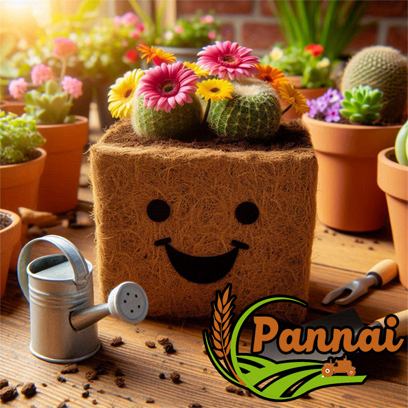
 Sign in with Google
Sign in with Google

